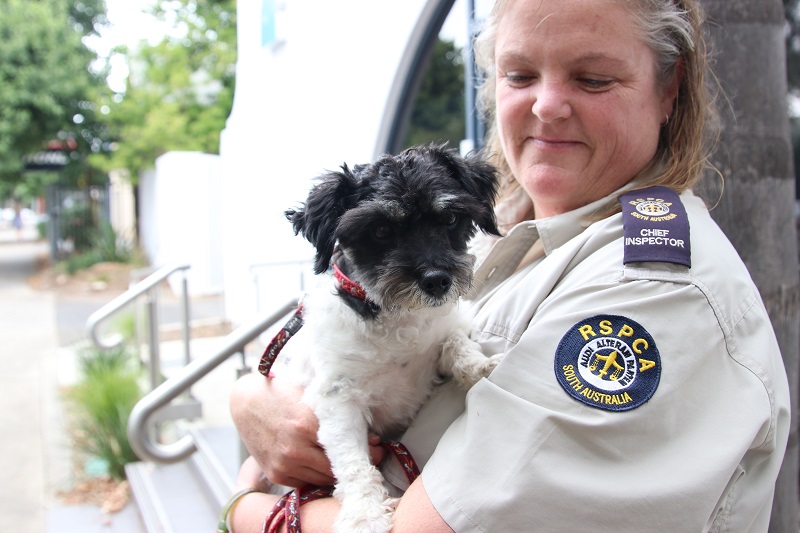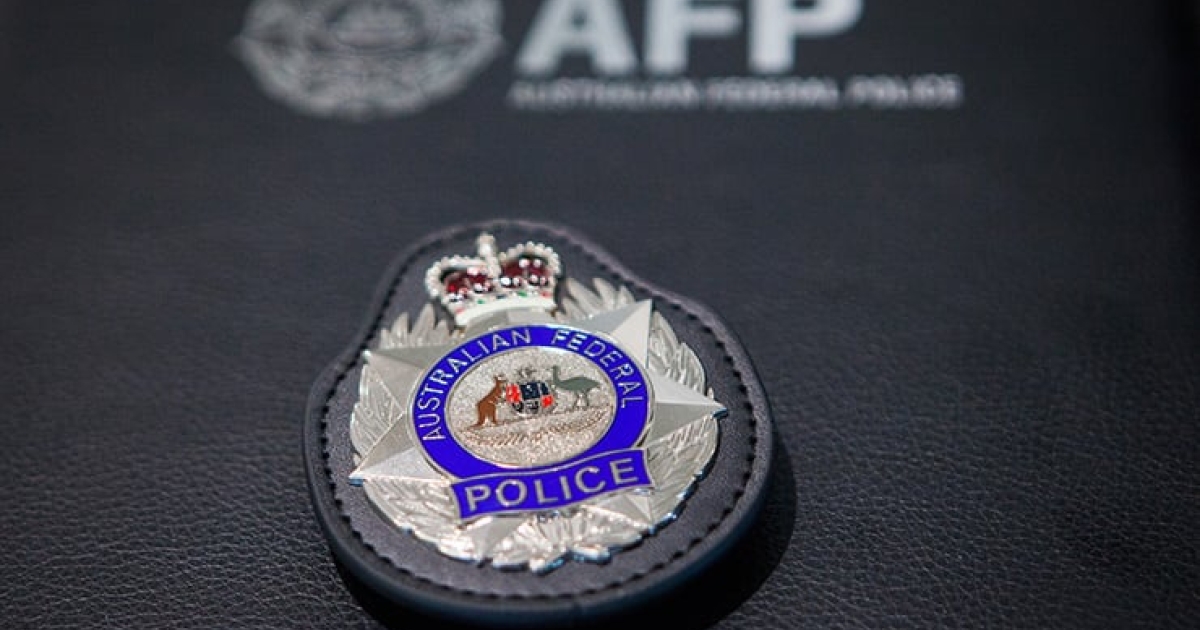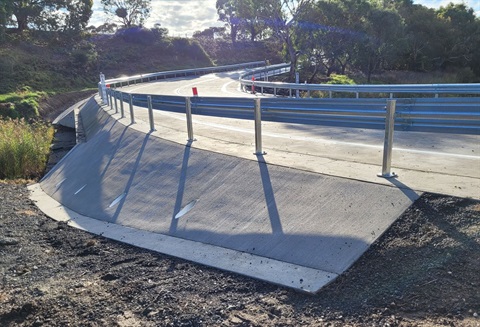As the coronavirus pandemic has rapidly gained speed over the past few weeks, we’ve been blown away by the compassion South Aussies have shown toward animals in need. March saw our highest number of adoptions ever, with an incredible 811 animals finding their forever homes.
It’s beyond heartwarming to see so many homeless animals adopted each day. But still – hundreds of animals remain in our care daily, and only a small percentage of these are ready to adopt each day. So why exactly is this?
To clear up any confusion, we’re here with a breakdown of the different ways animals come into our care at RSPCA South Australia, and why they might stay there.
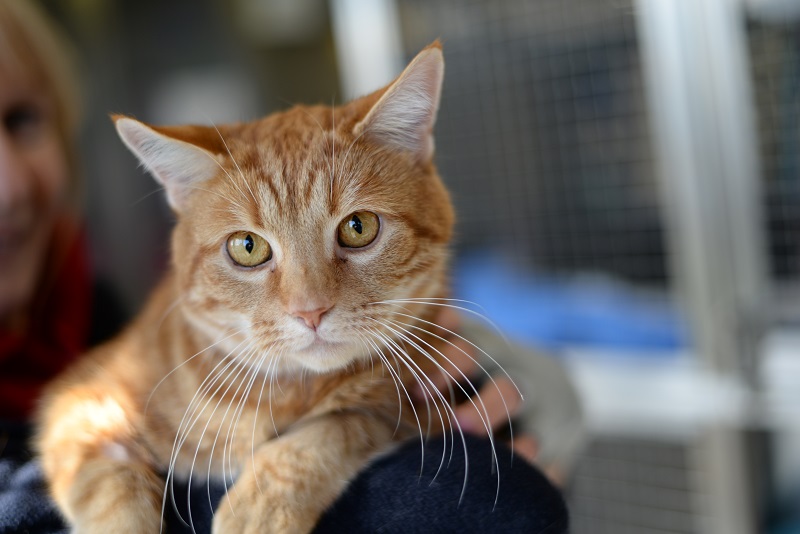
Each day, an average of 5% of our total number of animals in care are available to be adopted
We would love nothing more than for every single homeless animal who comes through our doors to go into a forever home right away. But realistically, with the majority of our animals needing ongoing treatment or being held for legal reasons – this just isn’t possible.
Please rest assured that we are working hard to fast-track adoption processes and make animals ready to adopt, as we don’t want to keep animals in our care any longer than needed when their forever home is waiting for them. This is especially important in the midst of the global coronavirus pandemic, where the prospect of a shelter shutdown is imminent.
To keep our staff and supporters safe, we now require members of the public to make an online booking for potential adoption at our Lonsdale shelter and RSPCA PetVille.
Please keep in mind that we only have a limited number of spots available, and they fill up quickly. The number of appointments available each day is subject to the number of animals ready for adoption at that time. But, as more animals become available, more spots will be added – so if you haven’t had luck booking a spot, please revisit the booking site frequently.
You can see our animals available for adoption online, and we recommend checking this frequently as it is updated on a regular basis. We also post daily updates on our Facebook page.
So why can’t the other 95% of animals in our care be available for adoption as soon as they come into our care?
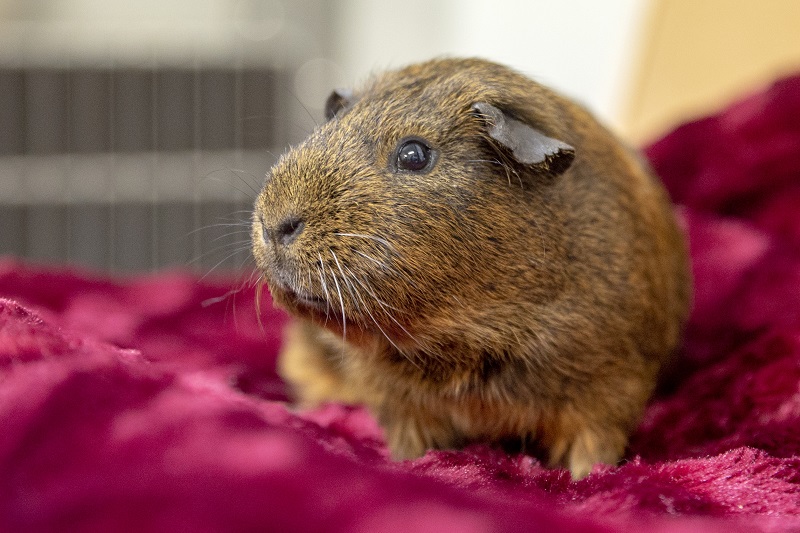
Animals come to us through our inspectorate arm and are held under court order
RSPCA South Australia is our state’s only charity with inspectors empowered to take legal action against animal abuse offenders.
Responding to over 4,000 reports of animal cruelty each year, our small team of inspectors sometimes encounters cases so serious that they must seize mistreated animals into our care, and pursue legal action against their owners.
When animals are seized in relation to alleged animal cruelty offences, they may be held in RSPCA’s care by court order until proceedings are finalised, which can often take months. We call this ‘protective custody’, meaning an animal cannot be made available for adoption until court orders confirm the animal is off hold and legally in our care.
While we await final court orders, we tend to place ‘protective custody’ animals into foster care, as we don’t want them waiting in the shelter for an indefinite period of time.
The amount of animals in protective custody often constitutes up to 10% of our total number of animals in care.
Animals are looked after in foster care while they’re recovering from medical issues or too young for adoption
Foster care is an important way to give animals a break from shelter life before they’re ready to find their forever families. Our foster carers provide much-needed temporary homes for animals who require extra love and support before becoming available for adoption.
At any one time, our animals in foster care usually makes up to 50% of the total number of animals in our care.
We place animals in foster care homes while they’re recovering from veterinary treatments, medical issues or behavioural challenges.
Additionally, if animals are so young that they require extra care and can’t yet be desexed, they are given specialised foster care as they grow big and strong.
Our shelter is particularly inundated with young animals needing foster care from the warmer months of November to March each year, known as ‘kitten season’. This season sees an increase of un-desexed cats giving birth, meaning unwanted litters are surrendered into our care, either with their mum or without.
Cats also come into our care while pregnant and give birth while at the shelter, producing more kittens who must remain in our care for up to eight weeks.
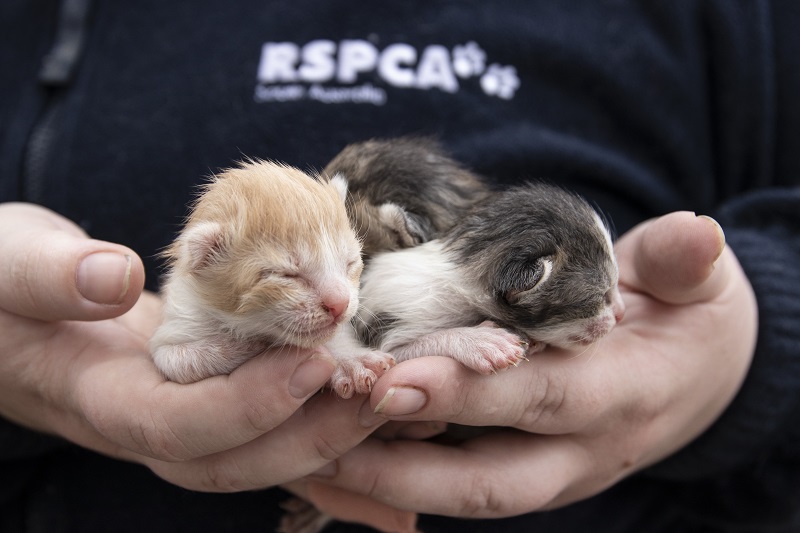
Animals are unable to be adopted out when they are under intensive vet care
As an animal welfare organisation, we bring solace to the abandoned, surrendered and mistreated – and we will never turn our back on an animal in need. This means caring for over 8,000 sick, injured and neglected animals every year.
Unfortunately, many animals come into our care sick or injured, and in urgent need of medical treatment.
They may be surrendered because their owners cannot afford their required veterinary care.
They may be rescued by our small team of rescue officers, because they were found on the street with terrible injuries, or stuck in a precarious position.
Or, they may be seized by our welfare inspectors in heartbreaking condition, and brought to our vets for emergency treatment.
Cats and kittens also often come into our care with ringworm, a fungal disease that affects skin, hair and nails, and can be transmitted to humans and other animals. If not managed properly, ringworm can spread rapidly, so we care for these felines in our specialised ringworm centre daily until they recover from ringworm. This often takes a few weeks.
Many animals require ongoing support and treatment in our care, and it can take weeks – even months – before they are well enough to find their forever homes.
On average, over 25% of our total number of animals in care are receiving ongoing veterinary treatment.
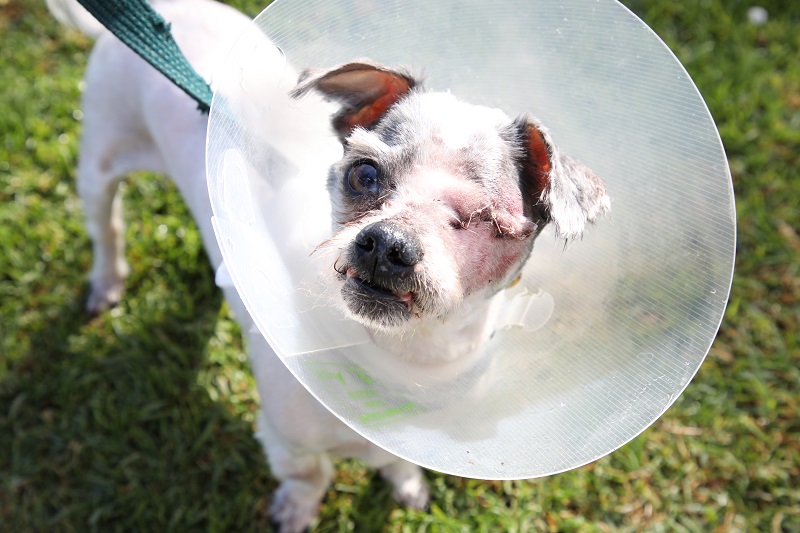
Animals must be held in our care for other reasons, including council pounds or emergency boarding
We tend to put cats and dogs who come into our care as strays on hold for a few days, to give owners who may have lost their animal a chance to collect them before we make them available for adoption.
Additionally, we provide a pound service to a number of metropolitan councils in the state, meaning Council Officers often seize wandering dogs and bring them to our shelter. Under SA’s Dog and Cat Management Act, these dogs must be held for 72 hours to give owners a chance to reclaim their pet.
While many of these animals will end up legally in our care, we do not have the ability to immediately make them available for adoption.
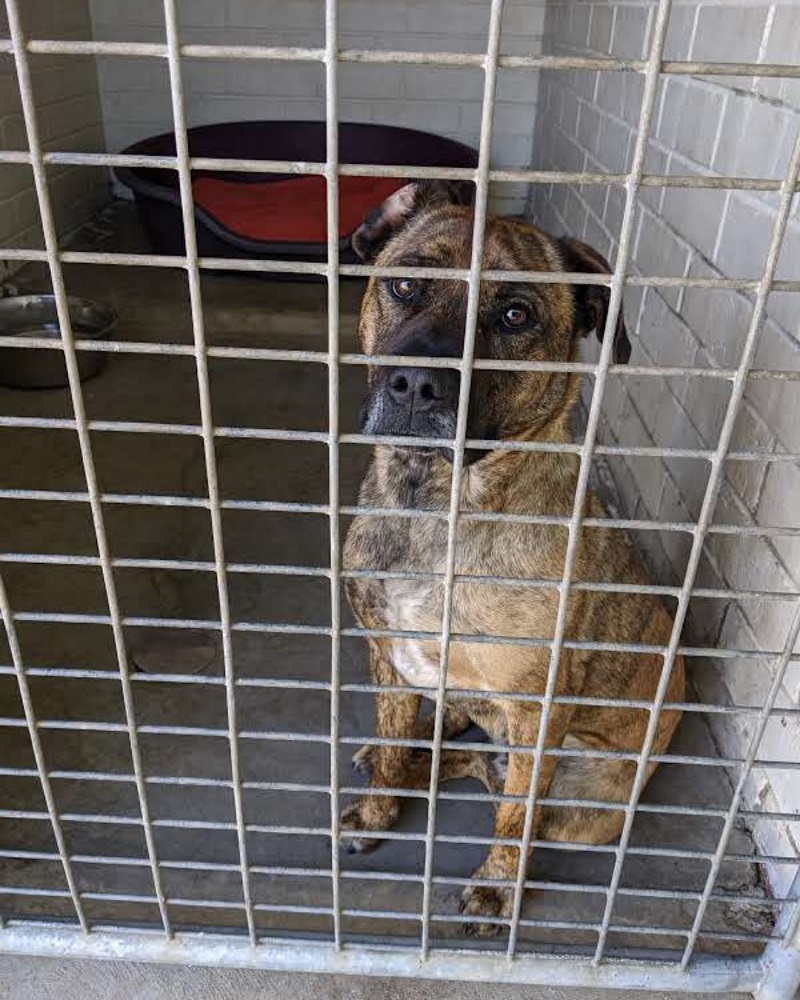
At RSPCA South Australia, we also provide emergency temporary accommodation for pets in need. We currently run a program to help those with animals in family violence situations, and expect that the need for emergency boarding will increase with the number of people affected by coronavirus.
Up to 10% of the number of animals in our care at one time are unable to be made available for adoption for reasons such as these.
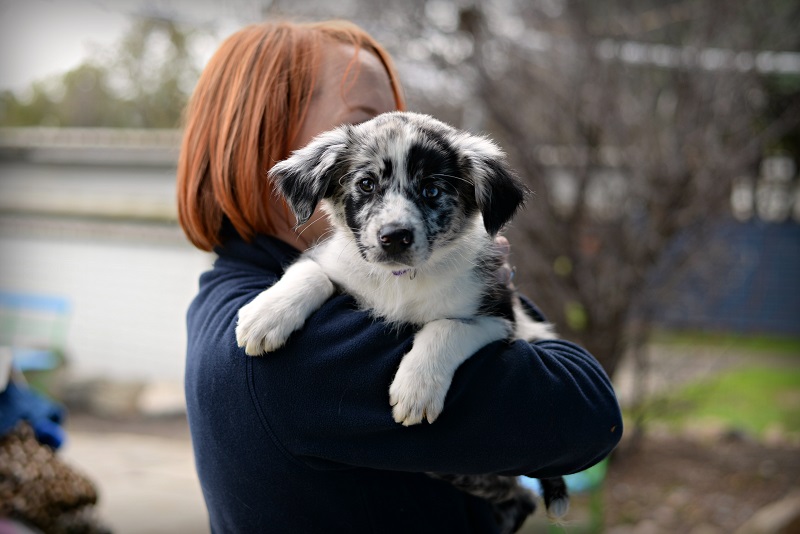
To the South Australian community: thank you for supporting us and SA’s animals in need during this difficult time.
The evolving implications of the coronavirus pandemic are posing new challenges for our organisation – but the welfare of our animals, and those of the greater SA community, remains our number one priority. To stay up to date with our response and new measures we’re putting in place to help animals, head over here.

